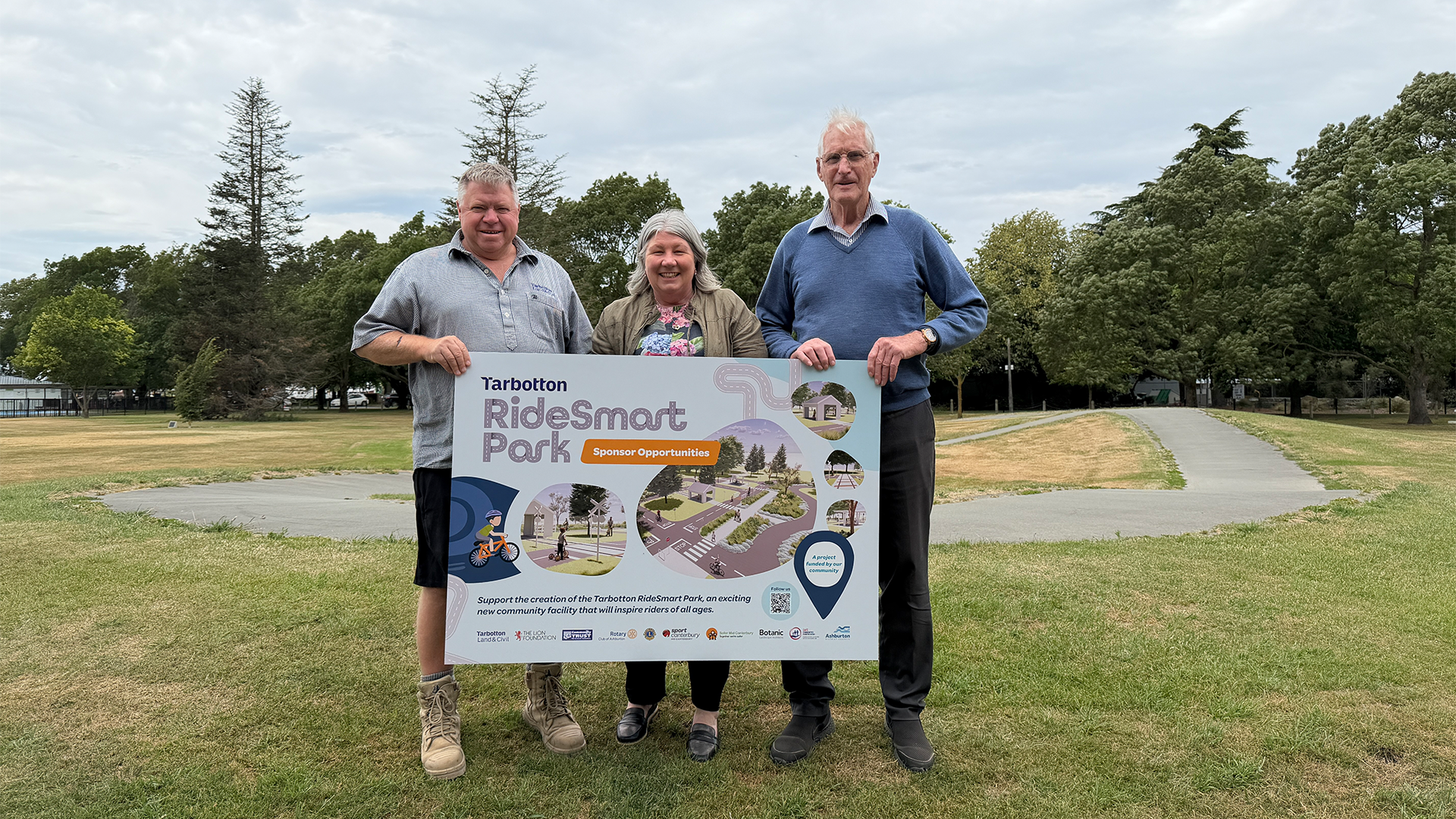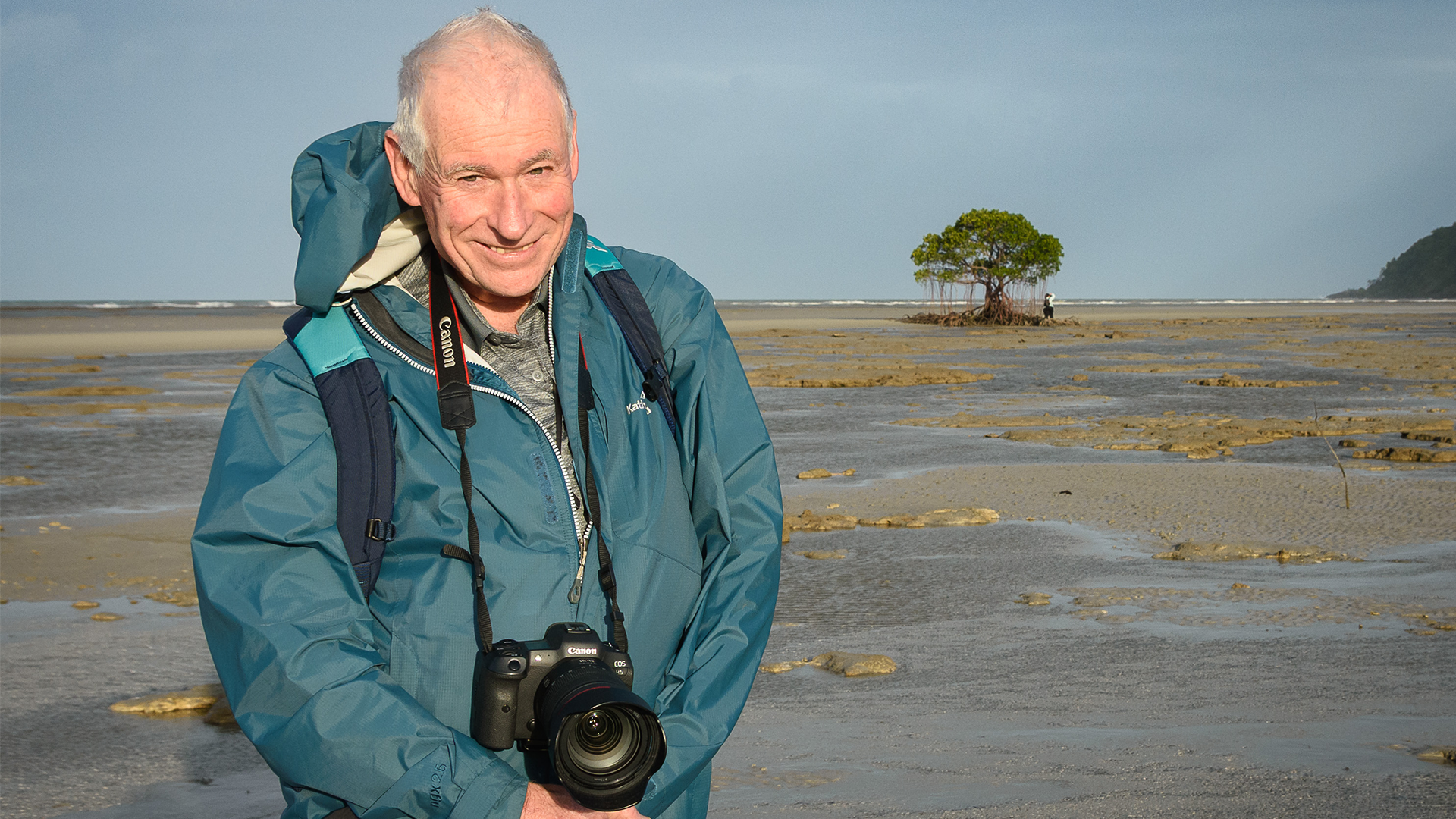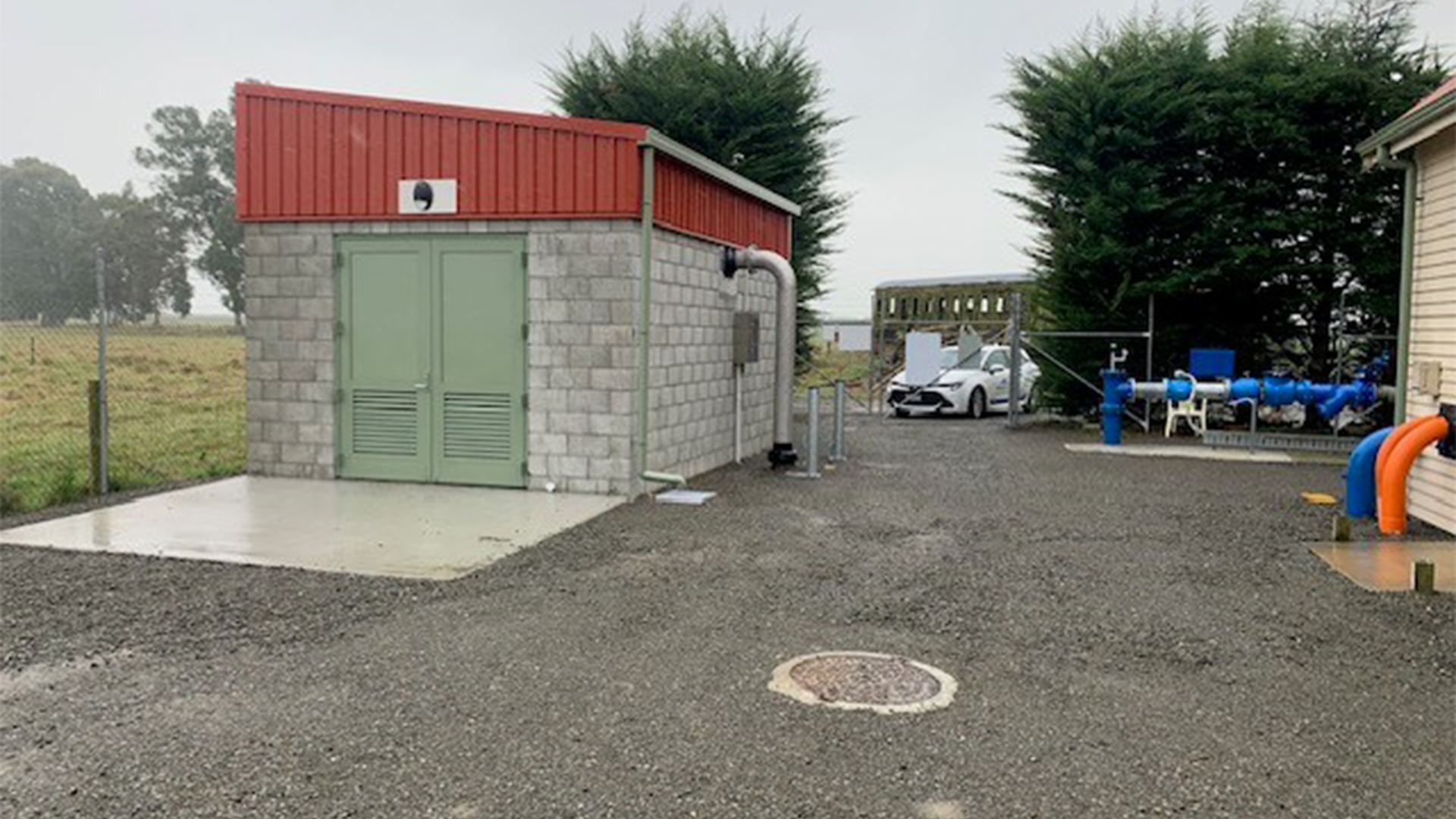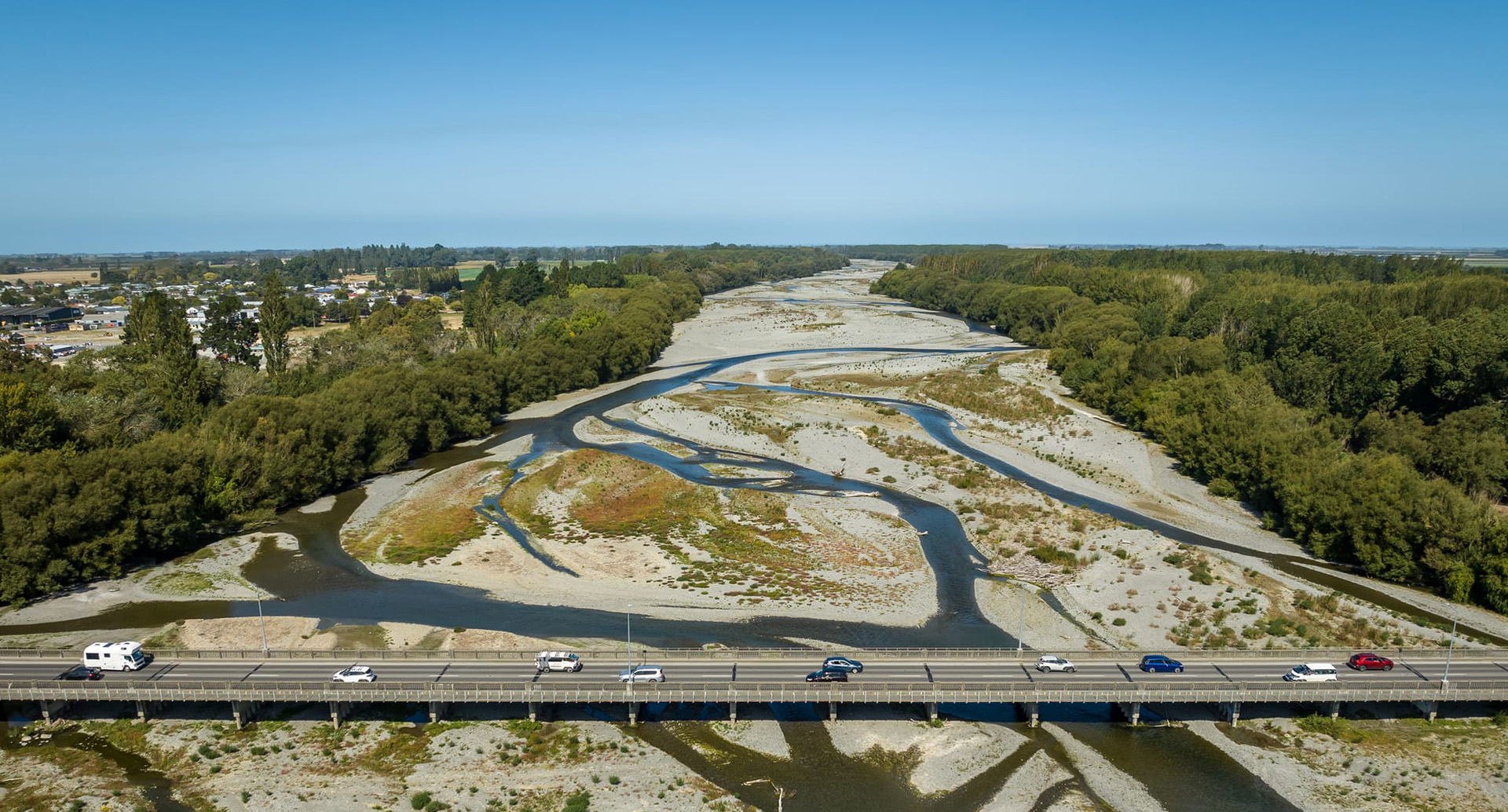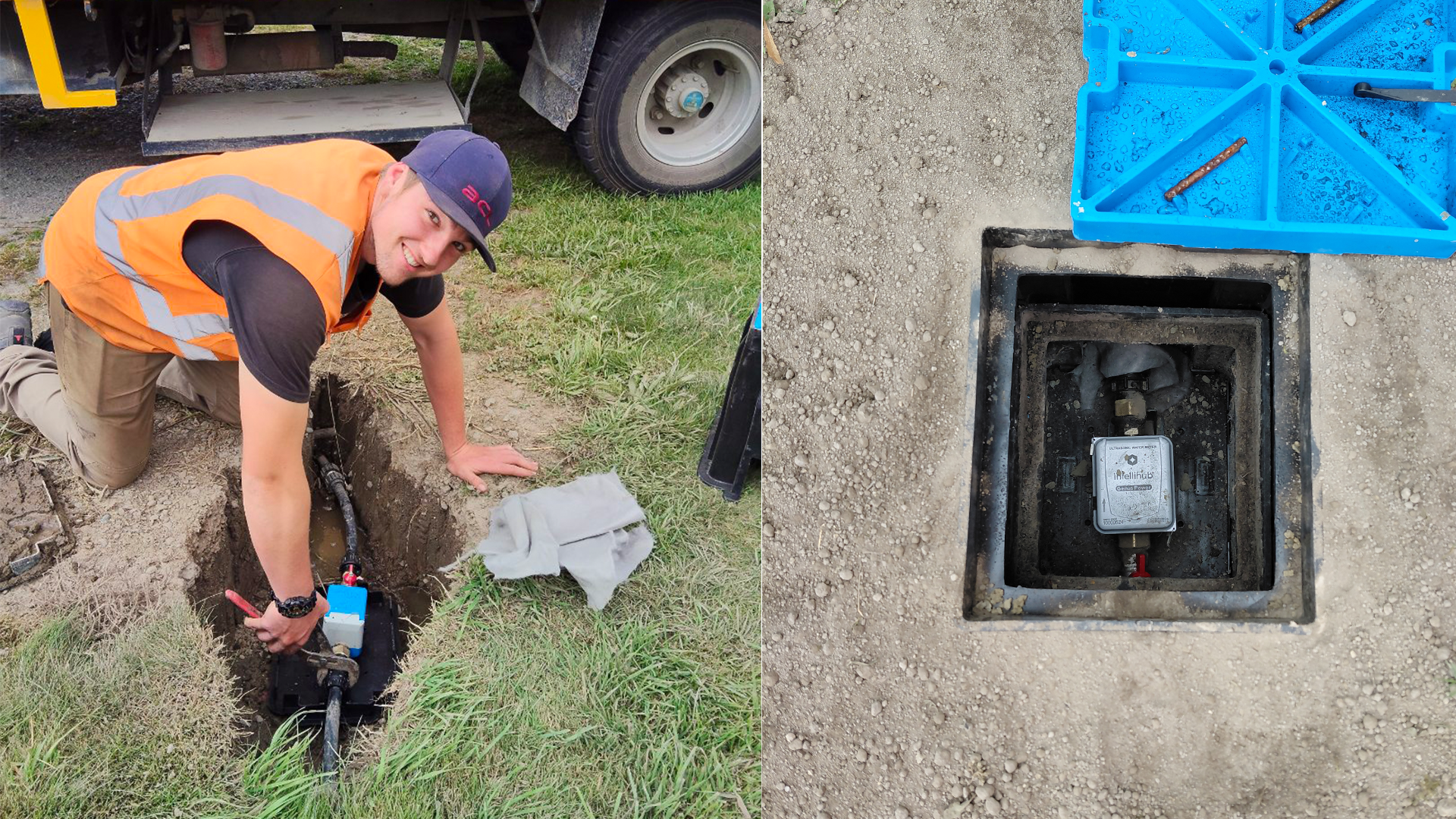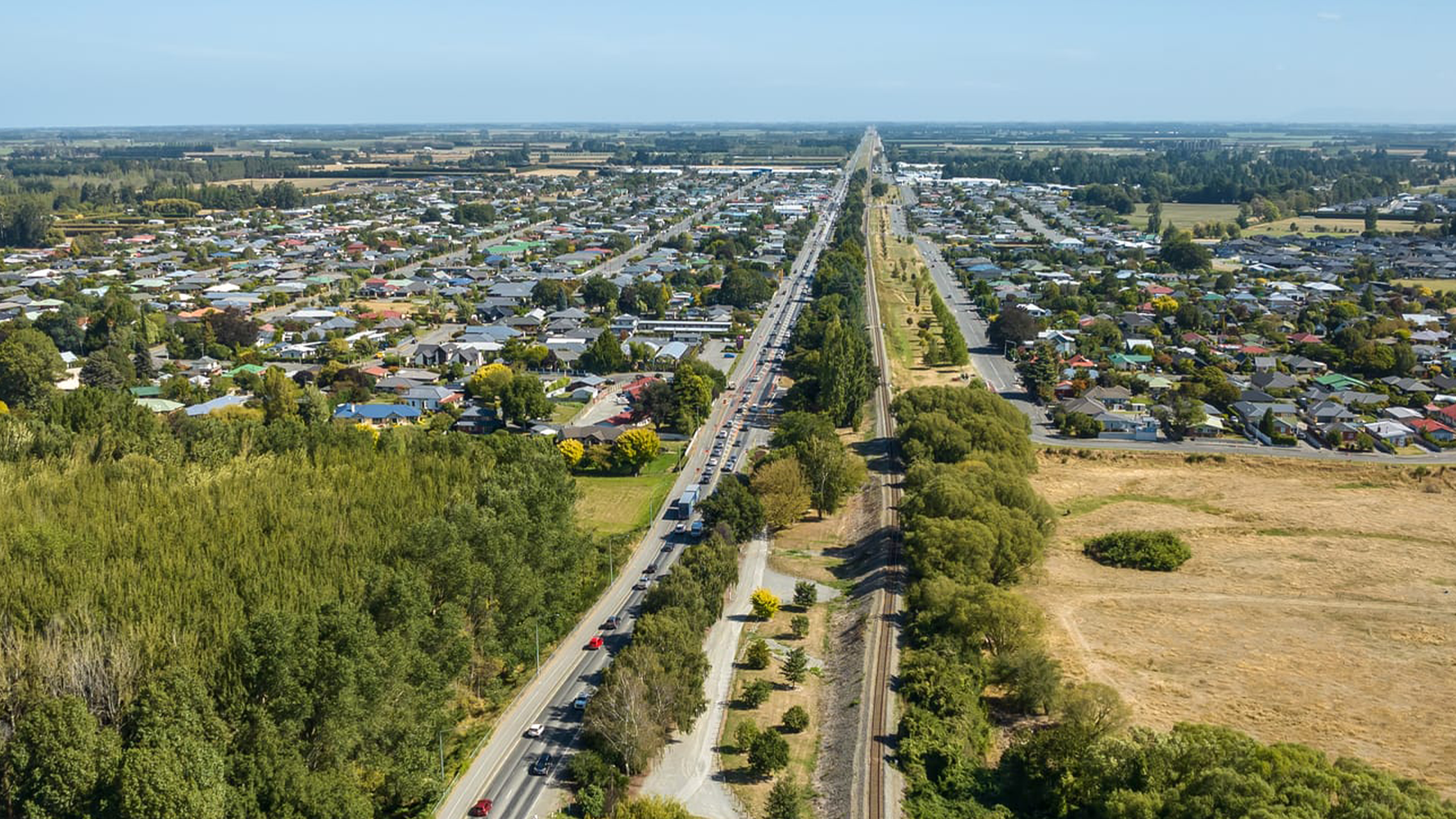Preparing for the arrival of Omicron
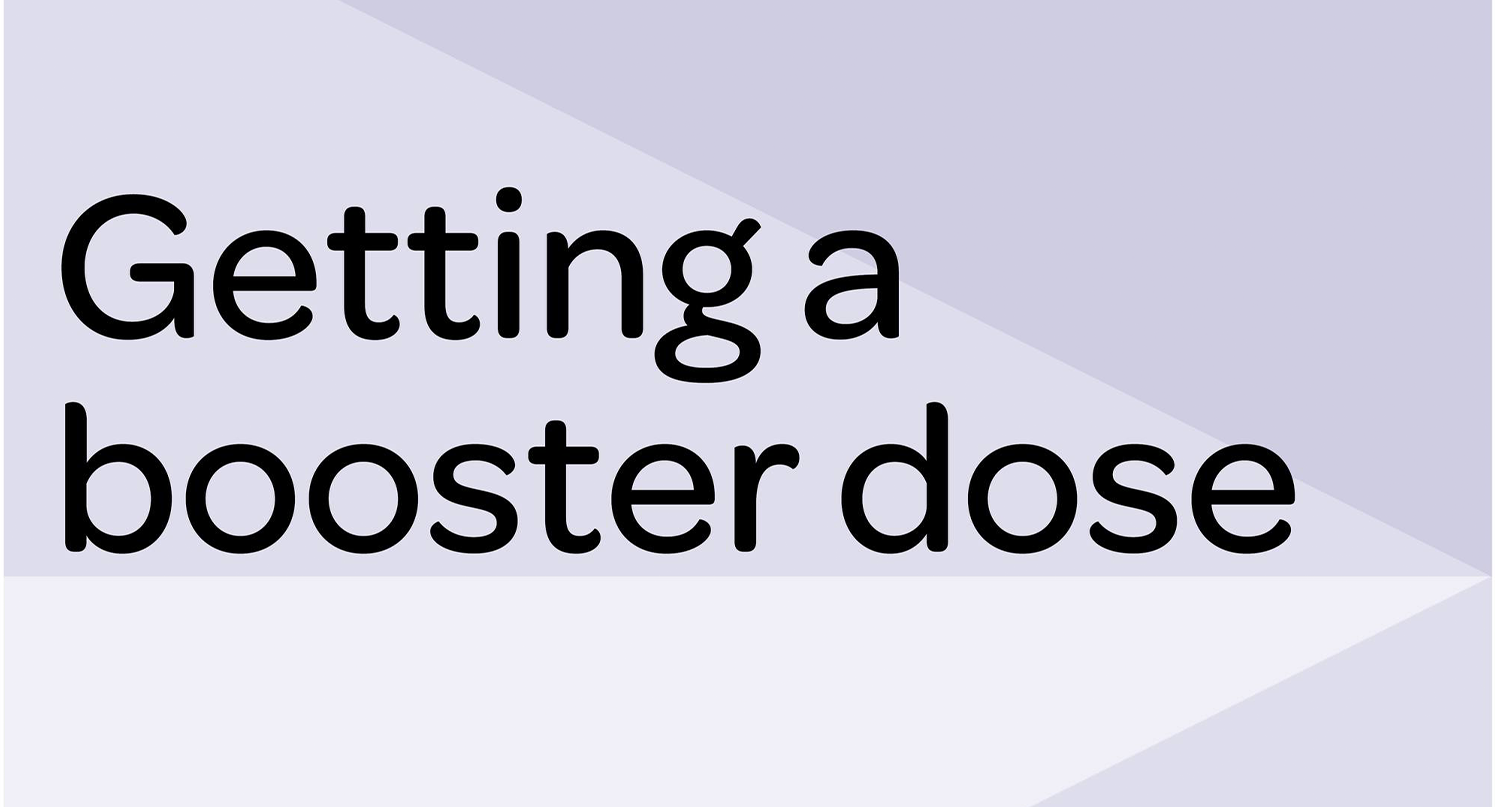
It’s only a matter of time before a positive case of covid is in our community, says the Ministry of Health.
The health care system will be there for those who need help but most people who contract covid will not need to go to hospital and will be able to isolate safely at home.
Everyone who tests positive for covid and their household needs to stay at home and avoid contact with others, according to the ministry's guidelines.
Being ready is about people, conversations, connections and knowing what to do.
The Ministry of Health is also encouraging everyone aged 18 and over who has been fully vaccinated for at least four months to get a free booster now. Speeding up the booster rollout is one of several ways to protect yourself, your family and the community from Omicron.
To get your booster, you can visit a walk-in vaccination centre, or book online through Book My Vaccine or over the phone on 0800 282926.
This week has also seen the start of vaccinations for 5 to 11-year-olds. The covid vaccine used for these tamariki has a lower dose and a smaller volume than the adult vaccine and is administered using a smaller needle.
To be fully immunised against Covid-19 a child needs to get two doses of the vaccine, usually given at least eight weeks apart.
The child Pfizer vaccine is available at many walk-ins, community pharmacies and general practices.
Being ready will mean your family and community can help each other if needed.
Make a plan
Identify people outside of your home who could help if your family is isolating, for example by dropping off food or supplies or for social support.
Are there people in your household who need additional care or support?
Work out how to let people know your household is isolating – put up a sign on your front door or fence.
Think and talk about how you can reduce the chances of spreading covid across your household. Can you reduce shared spaces, or increase cleaning?
Have what you need
Make a list of family information – include everyone’s names, ages, national health index numbers, medical conditions and medication they normally take or medical supplies each person will need. Include emergency contact information, like your doctor’s clinic.
Prepare a wellness kit that could include masks, gloves, tissues, hand sanitiser, rubbish bags and cleaning products. Make sure you have things to deal with a sore throat, fever and aches – things like lozenges, vapour rub, paracetamol.
Gather things you enjoy, and that might help stop boredom if you are isolating at home.
Know and share your plan
Make sure everyone in the house knows the plan and share it with wider family and neighbours.
Stay connected, catch up with others online or by phone.
Staying mentally well is also important so don’t be afraid to reach out. For support with anxiety, distress or mental wellbeing, you can call or text 1737 to talk with a trained counsellor for free, 24 hours a day, seven days a week.
Check out more information and advice at www.covid19.govt.nz
Share this article
Latest News
$100,000 Lottery grant for bike skills park
Need tips from a pro for our heritage photo competition?
Watching brief on Tinwald bore
Cr Deb Gilkison: What surprised me most about joining Council
Second Ashburton Bridge: Update 18 February 2026
Road Closures
SMALLBONE DRIVE
from 15 Mar 6:00 to 15 Mar 15:00
MOORE STREET
from 3 Mar 6:00 to 6 Mar 18:00
RAILWAY TERRACE WEST
from 23 Feb 7:00 to 27 Feb 17:00
RACECOURSE ROAD (ONE-WAY)
from 25 Feb 19:00 to 26 Feb 6:00
SAUNDERS ROAD
from 23 Feb 19:00 to 24 Feb 6:00
View all Road Closures | Live map
